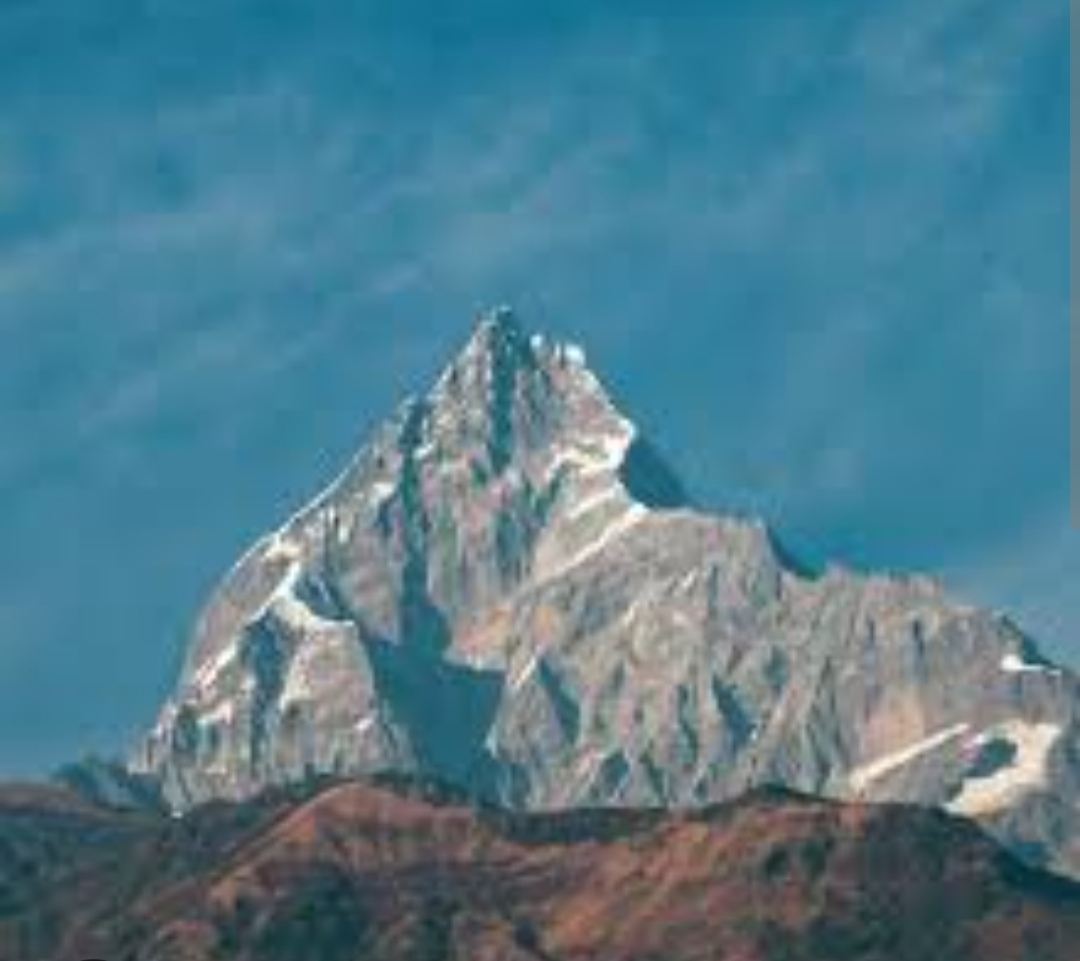Kathmandu - With less than three weeks remaining before the end of the winter season, the Himalayas are witnessing alarming environmental changes due to a stark lack of snowfall and rainfall over the past five months. These climatic anomalies are raising global concerns about the region’s ecological balance and its ripple effects on agriculture and water resources.
The once-pristine snow-capped peaks of the Himalayas are losing their white blanket, revealing barren landscapes. The absence of snowfall not only diminishes the visual grandeur of these mountains but also threatens the region's freshwater reserves, as glacial melting remains a crucial source for rivers that support billions of people downstream.
Adding to the distress, farmers in the Himalayan foothills and beyond report severe impacts on agriculture. Without adequate rainfall, crops such as grains and vegetables are withering in the fields, endangering food security in the region. This winter drought underscores the fragility of traditional farming systems and highlights the urgent need for adaptive strategies to counter climate uncertainties.
Experts attribute these changes to the growing influence of global warming and regional climatic shifts. The lack of precipitation in winter disrupts the natural cycle that replenishes water resources, exacerbating the risk of droughts and reducing agricultural productivity.
These developments serve as a stark reminder of the interconnected nature of environmental issues. The Himalayan region, often referred to as the “Third Pole” due to its vast ice reserves, is a critical climate regulator for Asia and beyond. The continued decline in snowfall could accelerate glacial retreat, intensify water scarcity, and amplify the effects of climate change globally.
As the world strives to meet sustainability goals, the situation in the Himalayas demands urgent attention from policymakers, researchers, and communities. Collective efforts to address climate adaptation, reduce emissions, and safeguard vulnerable ecosystems are essential to mitigate the cascading effects of this environmental crisis.
For Ecosphere News, this is not just a regional story—it is a global call to action to preserve the delicate balance of our planet’s natural systems.